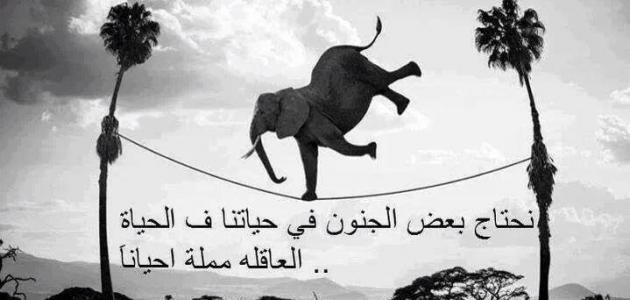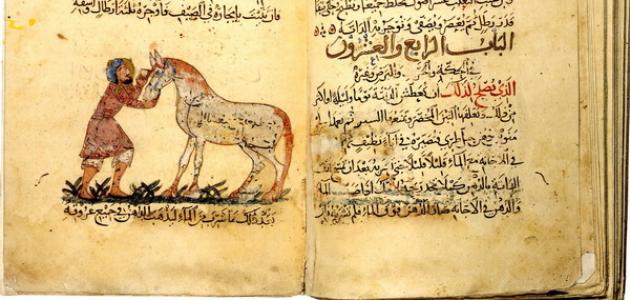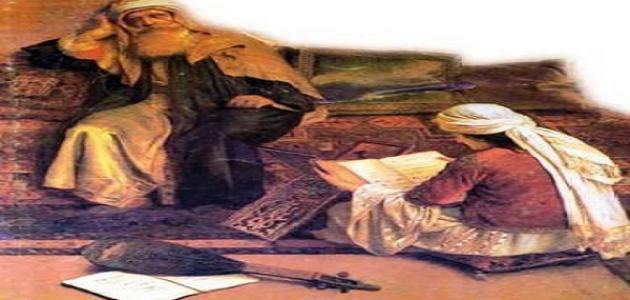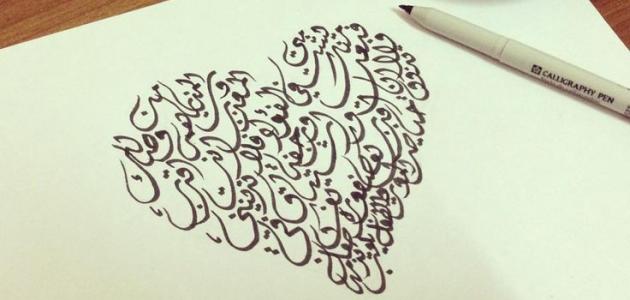imitation of the ancients
The ancient writers looked at the ancients with respect and reverence, and considered them as legitimate professors, and therefore the classical school deliberately imitated the ancients and imitated them, and this was confirmed by (Malerbe) and (Balzac) and the great writers of tragedy, as respect for the ancients and reliance on them reached its highest degree when (Racine) ) and (La Fontaine) and (Boileau), while (Moliere) was more independent, and (Boileau) believes that the tradition and study of the ancients is the best; This is because of their closeness to nature, and their analysis of nature in a simple and realistic way, as their ancient writings were able to withstand political, ethical and artistic changes, and the reason for their steadfastness is determined by their inclusion of the universal and the essential. Continuity requires imitation of the ancients.
rationality
The mind is considered the basis that guides the mind to distinguish between the real and the fake, the relative and the absolute, the private and the general, and it is what prevents one from being drawn into the whims of imagination, imaginary matters, and exaggerated expressions, just as the mind is synonymous with common sense, and depends on what is comprehensive and simple in human nature, In this sense, imagination, dreams and strong emotions were absent from classical literature.
Technical mastery
Classicism adheres to the rules and does not deviate from them, and therefore the writer masters his art to the point of perfection, but he maintains simplicity, does not pretend, and does not fake in his art. Artistic beauty stems from serious and sincere work that does not go beyond the correct and applicable rules.
Read also:The most beautiful verseReliance on the truth
Classicism is concerned with the inclination to the truth or something similar to it, and this means interest in reality, and distancing from imagination and illusion, for the real is the natural and beautiful thing, and classical literature is psychological literature that cares about the inside of man, and its purpose is evident in the search for common features that people share in their different eras.
Moral values
The classical school is based on the formulation of a unified aesthetic and moral ideal, as they stem from the unity of poetic and prose taste, and therefore it is necessary for the human and ethical to meet in the classic literary text, and eloquence is a gift from God, and it must be used in urging to do good deeds, and therefore the classic writers dealt with in their literature Different human conditions, such as: love and hate, passion and jealousy, reason and duty, passion and hypocrisy, and therefore the general trend of classicism aims to formulate an aesthetic and moral ideal alike.
expression in the local language
The early classics moved away from writing in the Latin language, and used the local language in their writings, and enriched this language with vocabulary in multiple ways, and this is what helped the language to become rich and expressive of various purposes, but this local language differs from one writer to another, depending on the linguistic personality, and from In terms of style, the classics got rid of the Latin syntax, and it became clearer and simpler, and it did not reach the colloquial level.
impersonal literature
The classical writer moves away from his direct opinions and feelings, and follows the educational or dramatic approach, as the self seems to be absent in this literature, and the expression depends on outside the self, or on the union of the self with the subject, and here the characters of the play are the ones who speak and express the intentions of the writer indirectly, and yet The self is not completely absent, and appears through persons.
Read also:What is the meaning of women's guilthumanistic literature
Humanistic literature is one of the characteristics of the classical school, where classical literature traces its origins to man, as Pierre Jannet says: (Our classic literature is absolutely human literature, originated from humanity and directed to meet human needs). humanity, and they turn towards it as well.
classical doctrine
The classical doctrine is known as a literary doctrine, and it is called by various names, including: the subservient doctrine, or the scholastic doctrine, which is literature that crystallizes human ideals represented by truth, beauty, and goodness, and this is given that these ideals do not change with the change of time, place, and social class. Other distinctive features, including:
Read also:Types of discourse- Style care.
- Ensure the eloquence of the language, and the elegance of the phrase.
- Addressing an educated public.
- Expressing general human emotions.
- Employing literature to serve educational purposes, and respecting social traditions.









